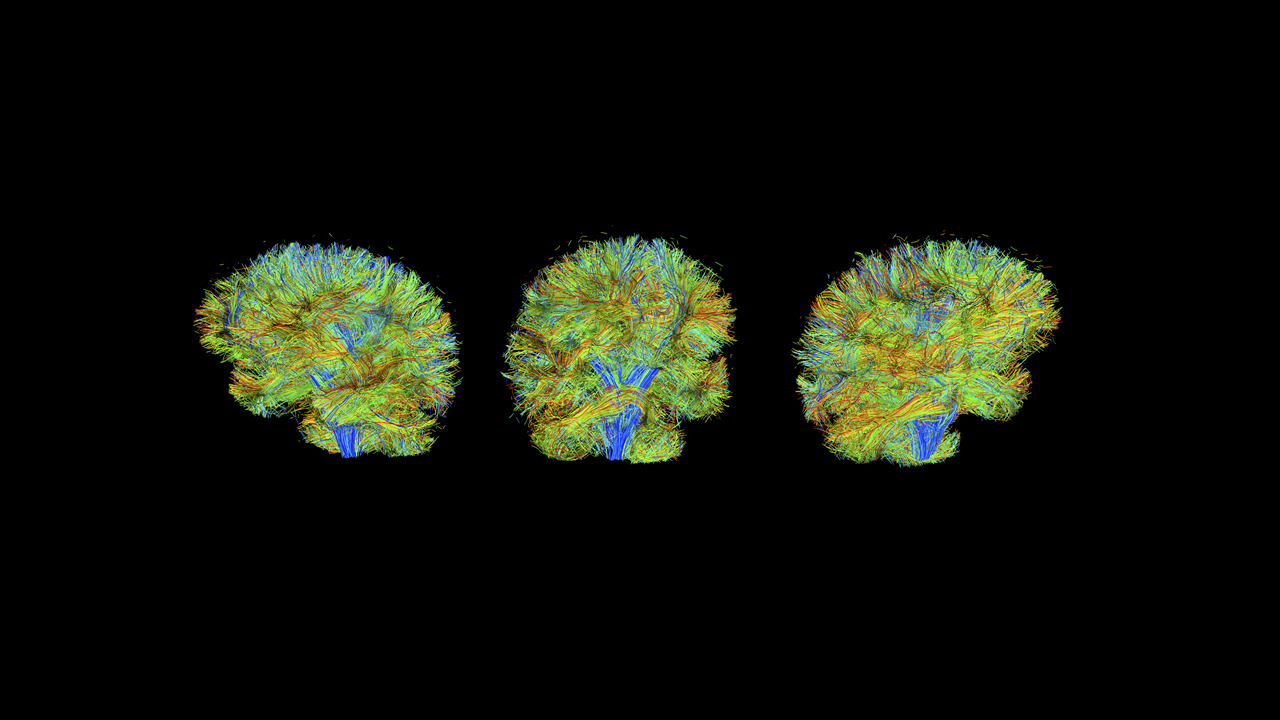AGREEDementia
Advisory Group on Risk Evidence Education for Dementia
Bringing Together the People Who Use Dementia Risk Evidence
Scientific advances increasingly bring us closer to knowing whether our brains are developing illnesses that lead to dementia long before we are aware. This information can be used by researchers to study how to prevent dementia and allows us to take action to prepare. But risk information cannot perfectly predict this future and it is upsetting. Our group helps guide when and how to tell people this risk information so that people understand it and get the information they want. We have working groups of diverse members including people living with dementia, scientists, clinicians, ethicists, lawyers and many others who address the complex issues surrounding risk communication for dementia. We welcome new members who want to become involved.
Research Participants Want Access to Test Results:
A Proposed Bill of Rights
Paper citation: Walter et al. Disclosing Individual Results in Dementia Research: A Proposed Study Participant's Bill of Rights. J Alzheimers Disease 2022;90(3):945-952. doi: 10.3233/JAD-220810. PMID: 36278354; PMCID: PMC10120612.
Key Resource Links
Handout Explaining Genetic Testing for Leqembi
Website: Care Pathway for Using Blood Biomarkers
(Global CEOi)
Educational Materials to Explain Risk
There are two critical components of dementia risk communication:
1. Decision Aid: A tool to decide whether or not to learn risk
2. Risk Explanation: A tool to explain results to an individual.
This Decision Aid Helps People Decide Getting Amyloid Biomarker Tests:
Context of Use of Risk Information
Whether and how we share risk information depends on the conditions or context. For example if someone has serious cognitive difficulties and wants to know a diagnosis the context is different from if someone wants to know risk information because they are curious about their brain health. Below are some typical contexts.
Researcher to Participants
People without Cognitive Concerns
People with Cognitive Concerns
Working Groups
Our working groups meet monthly, learn together, and develop educational materials.

Join us!
The following issues are addressed in the above groups
Communication with people with symptoms of dementia: How do we explain risk information?
Communication with people no symptoms (asymptomatic): When and why do we tell people dementia risk information who have no reason to believe they have a brain illness?
Ethics/Healthcare Law: How do we protect people from such risks as discrimination and respect ethical issues such as the right to know?
Evidence: How certain can we be that a particular dementia risk (e.g. blood test, genetic mutation) predicts correctly?
Diversity: How can we support informed decision making and understanding in people from diverse backgrounds?
Stakeholders: What do people living with dementia, their supporters, and the community feel is best?
All Hands: 1st Tuesday, 4-5 ET
Contact: Allyson Rosen
Symptomatic: 4th Wednesday, 11:00-12:00 ET
Contact: Corey Bolton, Ayda Rostamzadeh
Asymptomatic: 2nd Tuesday, 1-2 ET
zoom
Evidence: 3rd Wednesday, 4-5 ET
zoom
Stakeholder: 3rd Wednesday 1-2 ET
Contact: Jamie Tyrone, Sara Walter
Ethics/Healthcare Law
Contact: Allyson Rosen
Special Populations: 2nd Thursday, 3 ET
Contact: Neelum Agarwal
Funding
This website is supported in part by funding from the National Institute on Aging to the Stanford School of Medicine, under award number P30AG066515.
Funding in part from the Rush Associates Board


